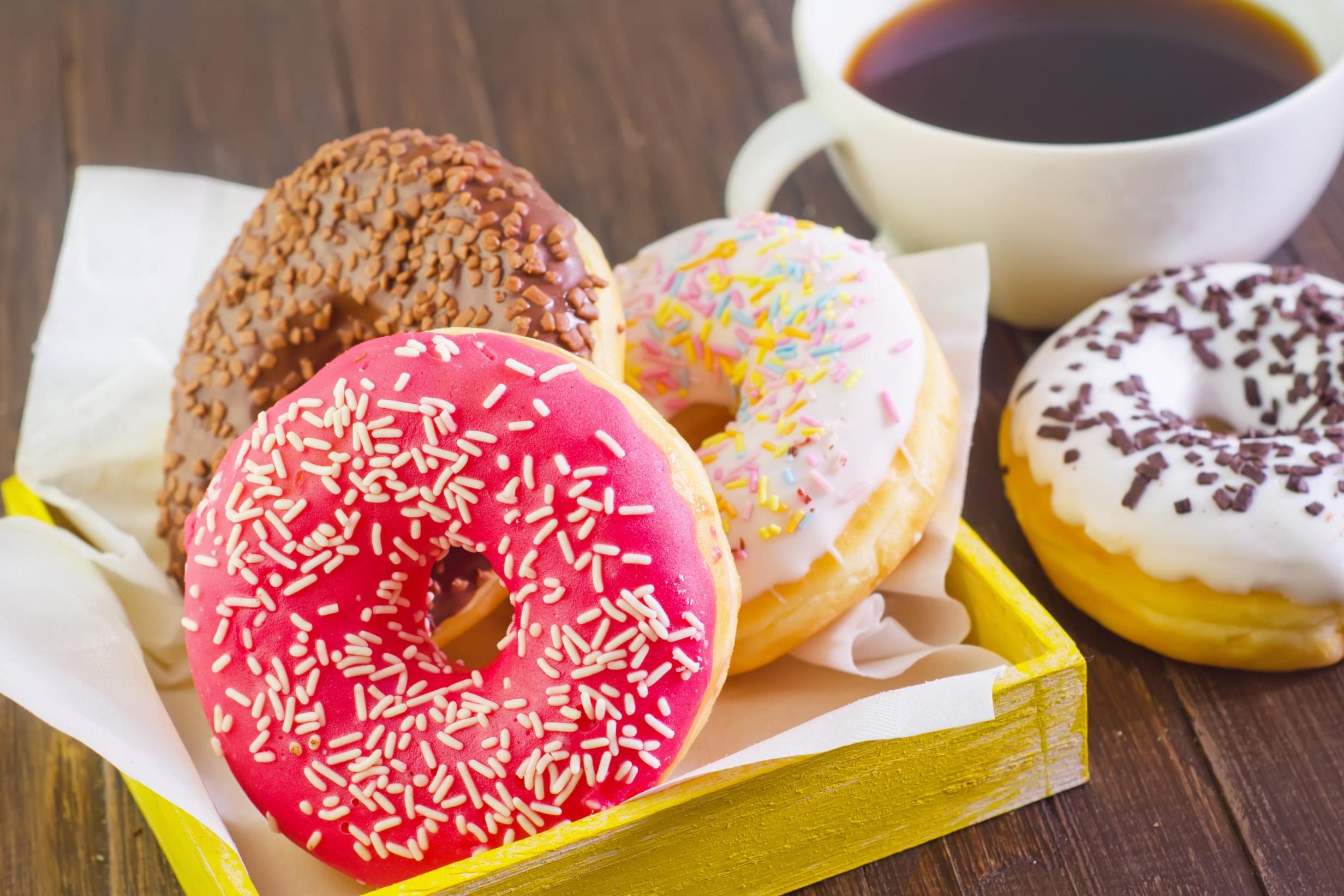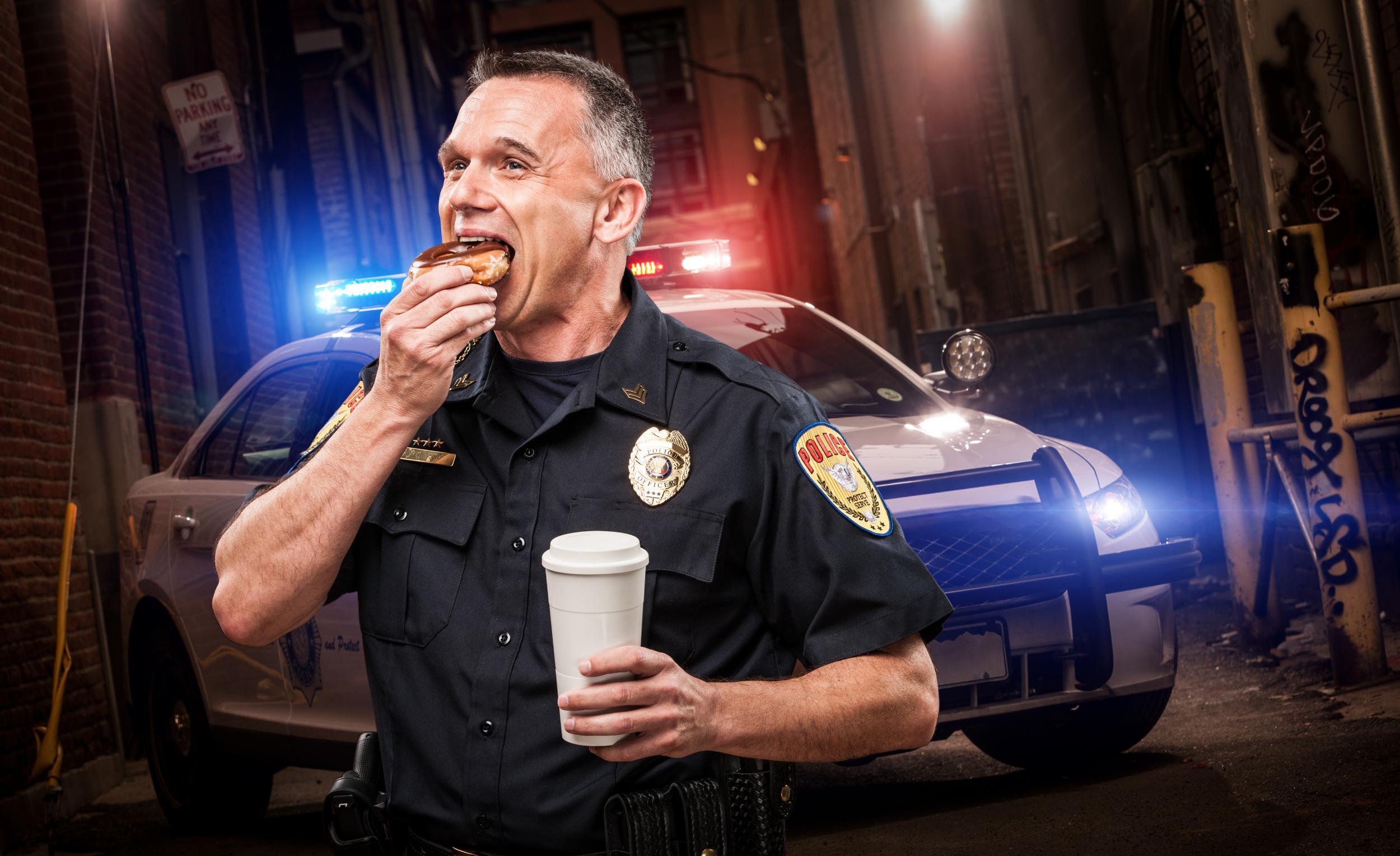Caffeine induces cravings for sweet foods, suggests study
You don't say?

Your support helps us to tell the story
From reproductive rights to climate change to Big Tech, The Independent is on the ground when the story is developing. Whether it's investigating the financials of Elon Musk's pro-Trump PAC or producing our latest documentary, 'The A Word', which shines a light on the American women fighting for reproductive rights, we know how important it is to parse out the facts from the messaging.
At such a critical moment in US history, we need reporters on the ground. Your donation allows us to keep sending journalists to speak to both sides of the story.
The Independent is trusted by Americans across the entire political spectrum. And unlike many other quality news outlets, we choose not to lock Americans out of our reporting and analysis with paywalls. We believe quality journalism should be available to everyone, paid for by those who can afford it.
Your support makes all the difference.They're a classic combo, munched across the world. A cup of joe and a sweet glazed donut are a breakfast staple - particularly in America.
Now new research has provided evidence that there's a strong reason why they work so well together.
Caffeine may alter your perceived sense of sweetness, making you crave more sugary treats than you normally would after a cup of coffee, a study published in the Journal of Food Science suggests.
Researchers distributed both caffeinated and decaf coffees to two sets of volunteers – none of whom knew which type of coffee they had been given.

Both groups were asked to add sugar to their drinks and subsequently rate its sweetness.
Those who drank the caffeinated coffee rated it as less sweet than the decaf drinkers.
Participants were then asked to rate their mental alertness and estimate how much caffeine was in their drinks.
Regardless of whether they drank the caffeine or not, the volunteers all said they experienced the same boost in alertness and few were able to accurately determine the level of caffeine in their drinks.
Thus, the study also proves that drinking coffee provides a placebo effect whereby drinking it gives us that same jump in energy, whether it contains caffeine or not.
The relation between our taste buds and our sense of alertness comes from a chemical in our brains known as adenosine, which allows us to calm our nerves and drift off to sleep at night.
Caffeine blocks the receptors in the brain that adenosine binds to and therefore makes us feel like we are more alert – even if we aren’t.
The effect doesn’t last long, nor does the impact it has on our taste buds.
But that won't stop us using science as an excuse to reach for another bite of glazed goodness...
Join our commenting forum
Join thought-provoking conversations, follow other Independent readers and see their replies
Comments